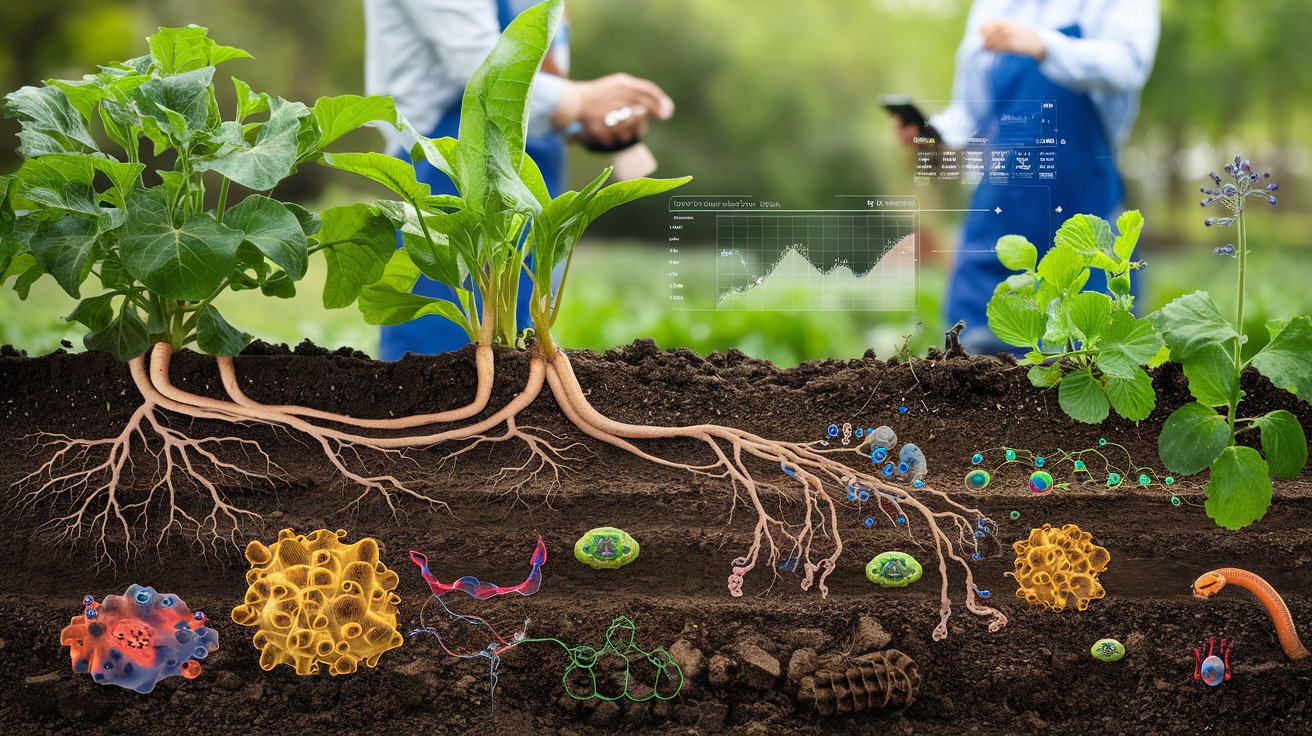Introduction
With the global population on the rise, the demand for food production is growing exponentially. At the same time, consumers are increasingly aware of the environmental impact of their food choices. Agri-sustainability consulting offers a practical solution by helping farms transition to sustainable agricultural practices. This article explores the concept of agri-sustainability consulting, its current market landscape, the requirements for starting such a consultancy, relevant experiences that can be leveraged, and the future scope of this essential field.
Understanding Agri-Sustainability Consulting
Agri-sustainability consulting involves providing expert guidance to farmers on implementing sustainable farming practices. The primary objectives of agri-sustainability consultants include:
- Minimizing environmental impact
- Enhancing soil health
- Improving water efficiency
- Increasing biodiversity
- Boosting farm profitability
Consultants offer assessments, implementation strategies, and ongoing monitoring services to help farmers achieve these goals.
Present Market Landscape
- Rising Demand for Sustainable Food Products
- The global market for sustainable food products is projected to exceed $400 billion by 2025. Consumers are increasingly willing to pay a premium for sustainably sourced food, creating lucrative opportunities for farmers willing to adapt.
- Over 60% of consumers actively seek eco-friendly products, driving retailers to prioritize sustainability in their supply chains.
- Government Support and Regulations
- Many governments are implementing policies to promote sustainable agriculture, offering financial incentives and grants for farmers. This creates a favorable environment for agri-sustainability consultants to guide farmers through these regulations.
- Initiatives like the European Union’s Green Deal and various U.S. sustainable agriculture programs provide frameworks for reducing carbon footprints and improving ecological practices.
- Corporate Responsibility Initiatives
- Corporations are increasingly focusing on sustainability as part of their corporate social responsibility (CSR) strategies. As companies seek to source sustainable ingredients, they often consult experts to help farmers meet their sustainability goals.
- Collaborations between agribusinesses and sustainability consultants are becoming more common, fostering a culture of sustainability across the entire food supply chain.
Requirements for Starting an Agri-Sustainability Consulting Firm
- Expertise in Sustainable Agriculture
- A solid background in agriculture, environmental science, or sustainability is crucial. Consultants should have in-depth knowledge of sustainable farming practices, soil health, crop management, and ecological systems.
- Certifications in sustainable agriculture, organic farming, or environmental management can enhance a consultant’s credibility and attract clients.
- Assessment and Evaluation Skills
- The ability to conduct thorough assessments of current farming practices is essential. Consultants must evaluate soil health, water usage, pest management, and overall farm efficiency to identify areas for improvement.
- Familiarity with sustainability metrics, such as carbon footprint calculators and soil testing methods, is beneficial.
- Communication and Implementation Strategies
- Strong communication skills are vital for effectively conveying sustainability recommendations to farmers and stakeholders. Consultants should be able to translate complex concepts into actionable strategies.
- Developing customized implementation plans tailored to each farm’s unique needs will enhance the consultant’s value.
- Monitoring and Reporting Capabilities
- Ongoing monitoring is critical for ensuring the success of sustainability initiatives. Consultants should have systems in place for tracking progress, evaluating outcomes, and providing regular reports to clients.
- Utilizing technology, such as data analytics and remote sensing, can enhance monitoring capabilities and provide valuable insights.
Leveraging Experiences in Agri-Sustainability Consulting
- Practical Experience in Agriculture
- Hands-on experience in farming or agricultural operations can significantly enhance a consultant’s credibility. Understanding the challenges faced by farmers is invaluable when providing guidance.
- Networking within the agricultural community and building relationships with farmers can provide insights into their needs and expectations.
- Successful Case Studies
- Sharing success stories of farms that have transitioned to sustainable practices serves as powerful testimonials. Highlighting financial and environmental benefits realized by these farms can motivate others to pursue similar paths.
- Collaboration with Environmental Organizations
- Partnering with environmental organizations or agricultural extension services can expand a consultant’s reach and resources. Collaborations can facilitate access to funding, research, and best practices in sustainability.
- Engaging in community workshops, seminars, and training programs can position consultants as thought leaders in agri-sustainability.
Future Scope of Agri-Sustainability Consulting
- Technological Advancements
- The integration of technology in agriculture, such as precision farming, drone monitoring, and data analytics, presents exciting opportunities for sustainability consultants. Embracing these advancements can enhance the effectiveness of consulting services and improve farm management practices.
- Consultants can leverage technology to provide farmers with real-time data, enabling more informed decision-making and efficient resource management.
- Expanding Services to Include Climate Resilience
- As climate change continues to impact agriculture, the demand for services focused on climate resilience is growing. Consultants can assist farmers in developing strategies to adapt to changing weather patterns and manage water resources effectively.
- Offering training on climate-smart agriculture practices can position consultants as key players in building resilient farming communities.
- Global Market Opportunities
- The need for sustainable practices extends beyond local markets; it is a global concern. Agri-sustainability consultants can expand their services internationally, providing expertise to farms in developing regions seeking to improve sustainability.
- Collaborating with international organizations and NGOs focused on sustainable agriculture can create pathways for global engagement.
Conclusion
Agri-sustainability consulting represents a unique opportunity for entrepreneurs to make a meaningful impact on the agricultural landscape. As the demand for sustainable food products continues to rise, farmers are actively seeking guidance on transitioning to environmentally friendly practices. By leveraging expertise, conducting thorough assessments, and providing ongoing support, agri-sustainability consultants can empower farmers to meet consumer expectations while enhancing profitability and resilience. The future of agri-sustainability consulting is bright, with numerous opportunities for growth and innovation as the industry moves toward a more sustainable future.


